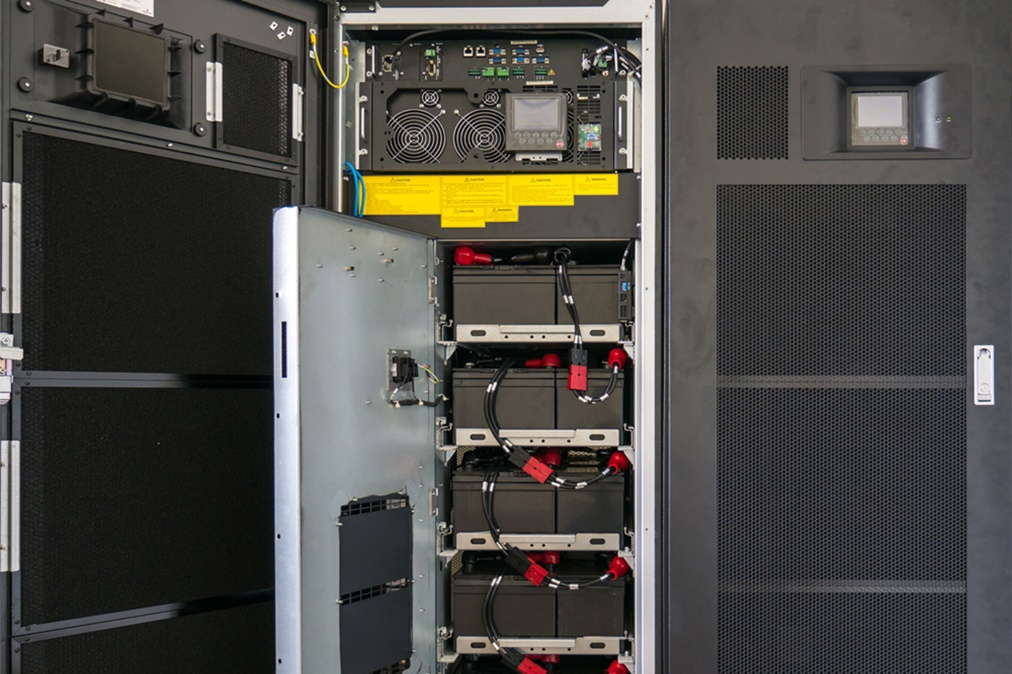Introduction to UPS Systems
In an age where electronic devices play a crucial role in both personal and professional settings, ensuring uninterrupted power supply is essential. Uninterruptible Power Supply (UPS) systems are designed to provide backup power and protect electronic devices from power disturbances. This article covers the fundamental aspects of UPS systems, including their types, functions, and benefits.
Types of UPS Systems
- Offline/Standby UPS: This is the most basic type of UPS, offering protection against power outages and surges. It operates in a standby mode, where the UPS is inactive during normal power conditions and only switches to battery power when there is a failure.
- Line-Interactive UPS: This type provides additional protection by regulating voltage fluctuations. It includes an automatic voltage regulator (AVR) to handle brownouts and overvoltages, which are common in many electrical systems.
- Online/Double-Conversion UPS: This is the most advanced type of UPS. It continuously converts incoming AC power to DC and then back to AC, ensuring a clean and stable power supply. This type is ideal for critical applications where power quality is paramount.
Functions of a UPS System
- Power Backup: The primary function of a UPS is to provide temporary power during an outage, allowing devices to continue operating or to be shut down safely.
- Surge Protection: UPS systems protect connected devices from electrical surges and spikes, which can damage sensitive electronics.
- Voltage Regulation: High-end UPS systems offer voltage regulation to ensure that the output voltage remains stable, even when the input voltage fluctuates.
Benefits of UPS Systems
- Prevents Data Loss: By providing backup power, UPS systems prevent data loss during unexpected power interruptions.
- Protects Equipment: UPS systems safeguard equipment from power surges and electrical anomalies that can cause damage or reduce the lifespan of electronic devices.
- Enhances Productivity: In critical environments, such as data centers or medical facilities, a UPS ensures that operations can continue smoothly without disruption.
UPS systems are essential for maintaining the integrity and functionality of electronic devices in the face of power disturbances. Understanding the types, functions, and benefits of UPS systems helps in selecting the right solution for different needs, whether for home use or critical business applications.


